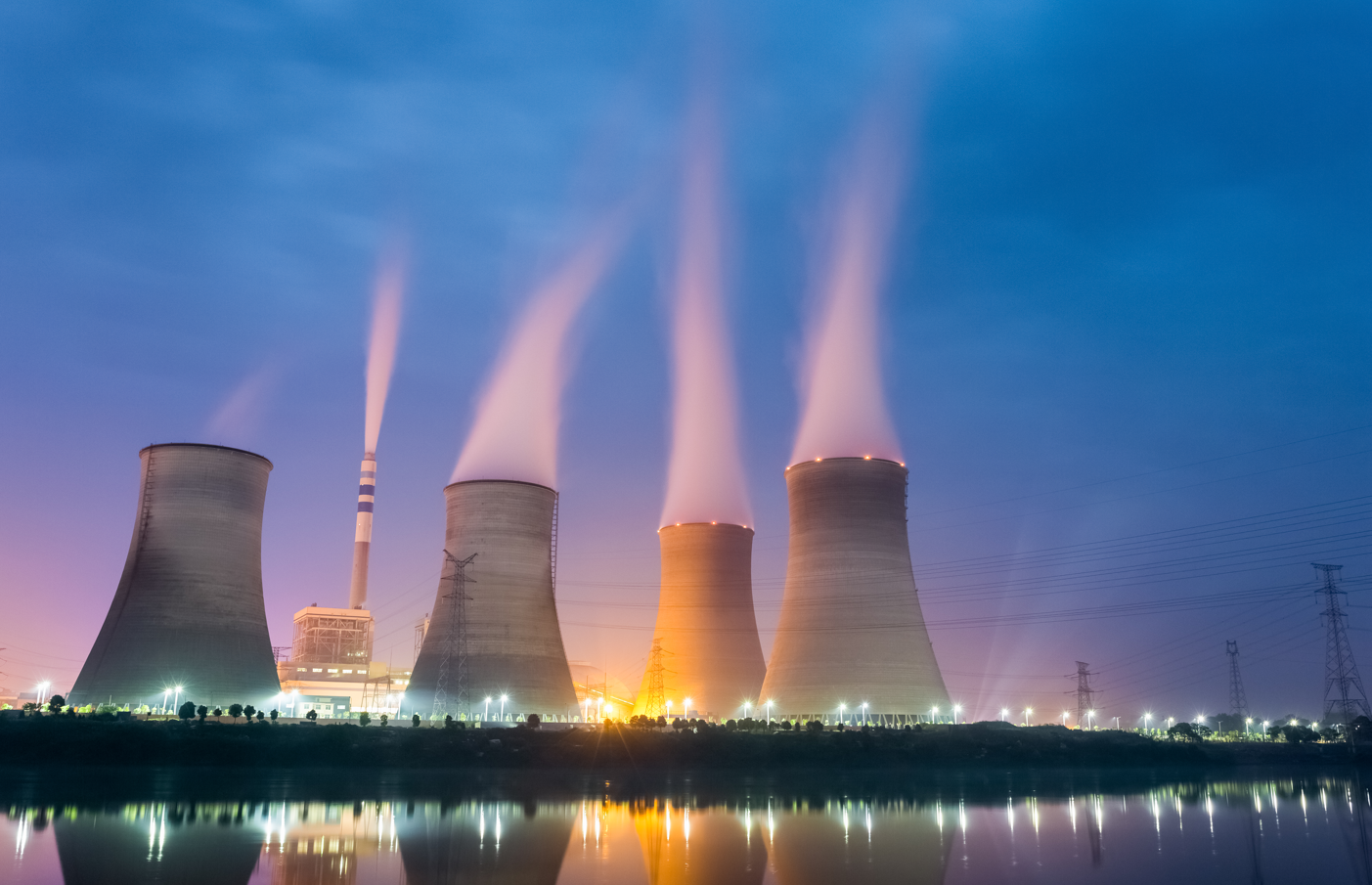Recently, some circles have been trying to create a negative atmosphere around the construction of nuclear power plants in our country and push a narrative that phasing out coal can only be done thanks to renewable energy. This rhetoric emerged mainly after the recent elections. One way to delay the nuclear project in Pomerania by many years would be to change its location, as this will entail many consequences, such as obtaining all the approvals and permits, doing research, consulting, and all the other bureaucratic hassle – writes Jerzy Lipka, president of the Civic Movement for Nuclear Energy.
An aggressive minority is trying to impose its views on the development of the energy sector on the rest of society, by eliminating nuclear energy from it. Organizations such as Baltic SOS, Ekounia, or the Greens, as well as some Pomeranian politicians from the Civic Platform such as Senator Z. Lamczyk, believe that they have the right of veto in this regard and their aspirations are more important than the views of the vast majority of the Polish society. According to studies conducted by various research centers, support for nuclear power in Poland ranges from 69 to even 85 percent. Nuclear power will become an essential part of our energy mix in the future, because Poland needs to drop coal and to do so cannot rely on the inefficient, weather-dependent renewables.
It is important to remember that despite having as much as 25 GW of capacity installed in renewables, today more than 70 percent of electricity in Poland is generated from coal. The enormous cost of building a system based solely on renewable energy, with no guarantee of providing the necessary amount of energy when it is needed, makes such a system extremely inefficient. The capacity of weather-dependent sources would have to be many times higher than the demand in the Polish energy system is now and will be in the future. This would expose this system to severe failures, caused by a sudden jump in the generated power, and then a sharp decline, which would also result in a decrease in frequency in the network. The activists want the electricity consumers or taxpayers to cover the costs of adapting the grid to such large (albeit temporary) loads. Unfortunately, their plans also emphasize the use and operation of equipment, which today is still in its technological infancy, and there are a number of engineering problems to solve. The so-called „prosumerism” became a dogma for them, a new kind of religion, more important than providing energy on time and in the right amount.
However, let us return to the ideas of moving the nuclear power plant to another place than the Choczewo municipality. What impact would that have? First of all, at least a five-year delay in the commissioning of the first units for this power plant, which our economy, as well as Pomerania, needs so much we would give an arm and a leg. This would mean practically starting all over again, and in addition renegotiating the contract with Westinghouse and Bechtel, who are currently designing the power plant in Choczewo. This power plant will be located on land owned by the state treasury, without expropriating anyone. Nobody can be sure that the same situation would be possible in another location. Perhaps expropriation would be necessary.
A change of location also does not guarantee that there will be no protests at the new site. On the contrary, if you give in once, it will generate new protests in other places, encouraged by the effectiveness of such actions and the weakness of the „cardboard” state, unable to make difficult decisions. It will be a slippery slope, not only for nuclear power, but also for other important investments. Who is protesting? Not permanent residents of Choczewo, but rich owners of plots and real estate, which in the high season is rented to tourists.
They believe, contrary to logic, that the nuclear power plant will discourage tourists. Meanwhile, in the West, in France in the Loire Valley, or in Spain near a beach (the village of Vandellos), such power plants exist, and there are more tourists than in Choczewo. If these people were demanding compensation for the construction of the power plant, it would still be understandable, but what is not understandable is that they intend to cancel a key investment for the Polish energy transition. We also remember what happened to the construction of motorways and expressways many years ago, how long Poland was an open-air museum in comparison to Europe in terms of road quality. This was the case until the introduction of the famous Special Act for Motorways, which radically limited the possibilities of protests. Only then did the investments start moving quickly, and today we are driving on comfortable expressways that do not differ in quality from those in Western Europe. It will be the same with nuclear power plants, if only we secure them properly in our law and do not allow „torpedoing” or delaying the activities related to their construction. Anarchy and self-government, privateering must be nipped in the bud in Poland, otherwise we can forget about the development, modernization of our country, and a civilizational reunification with Europe. The Association Civic Movement for Nuclear Energy, together with allied organizations, will oppose this for patriotic reasons.









